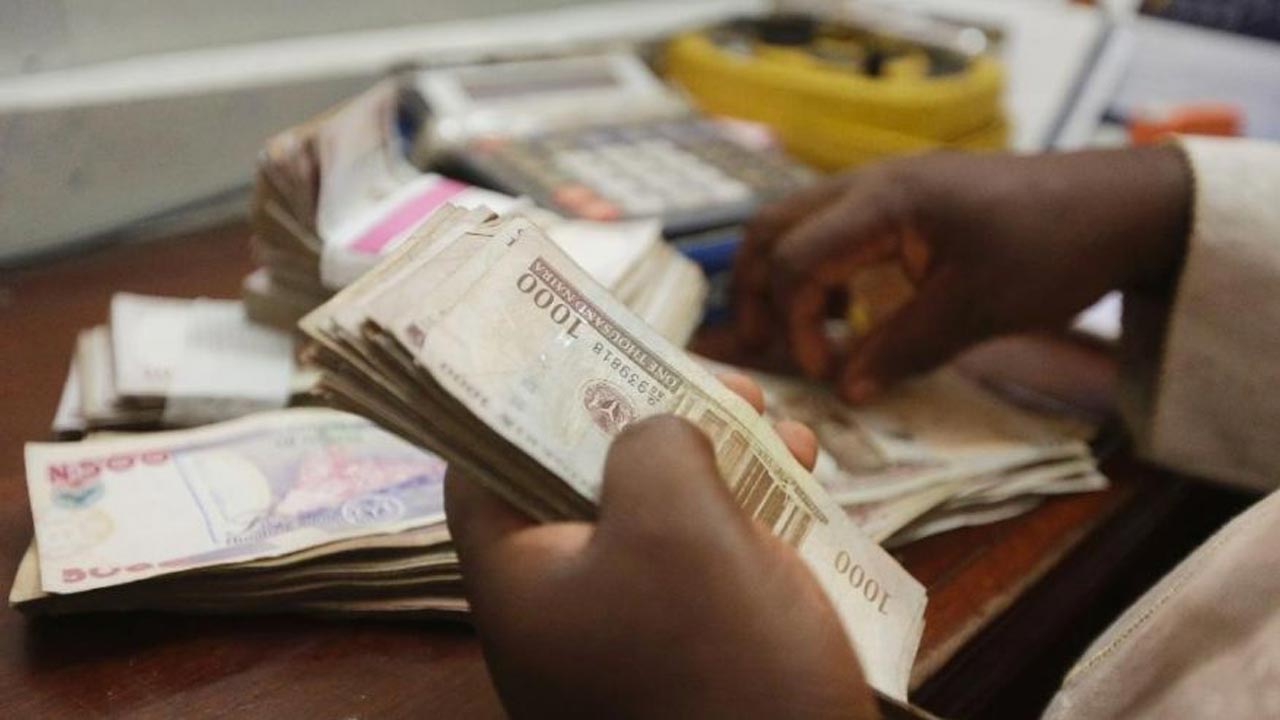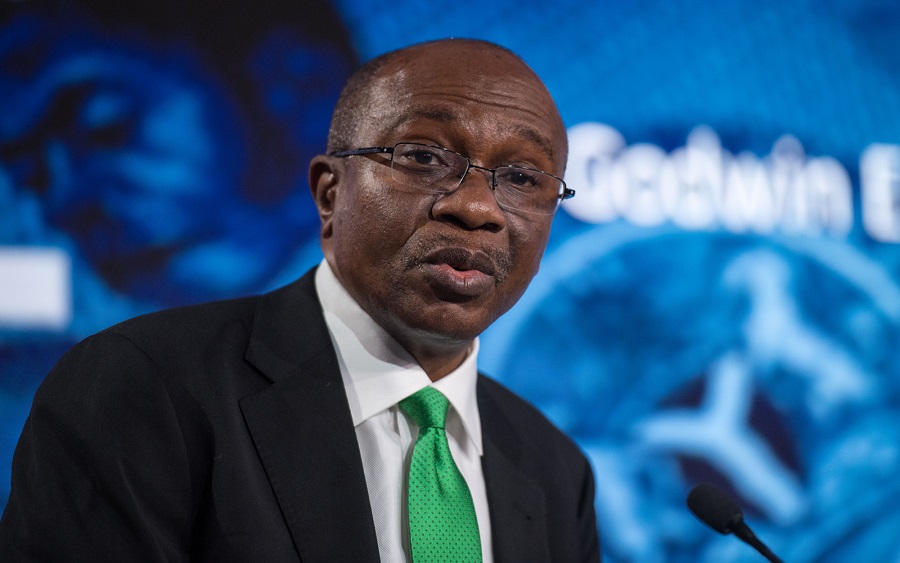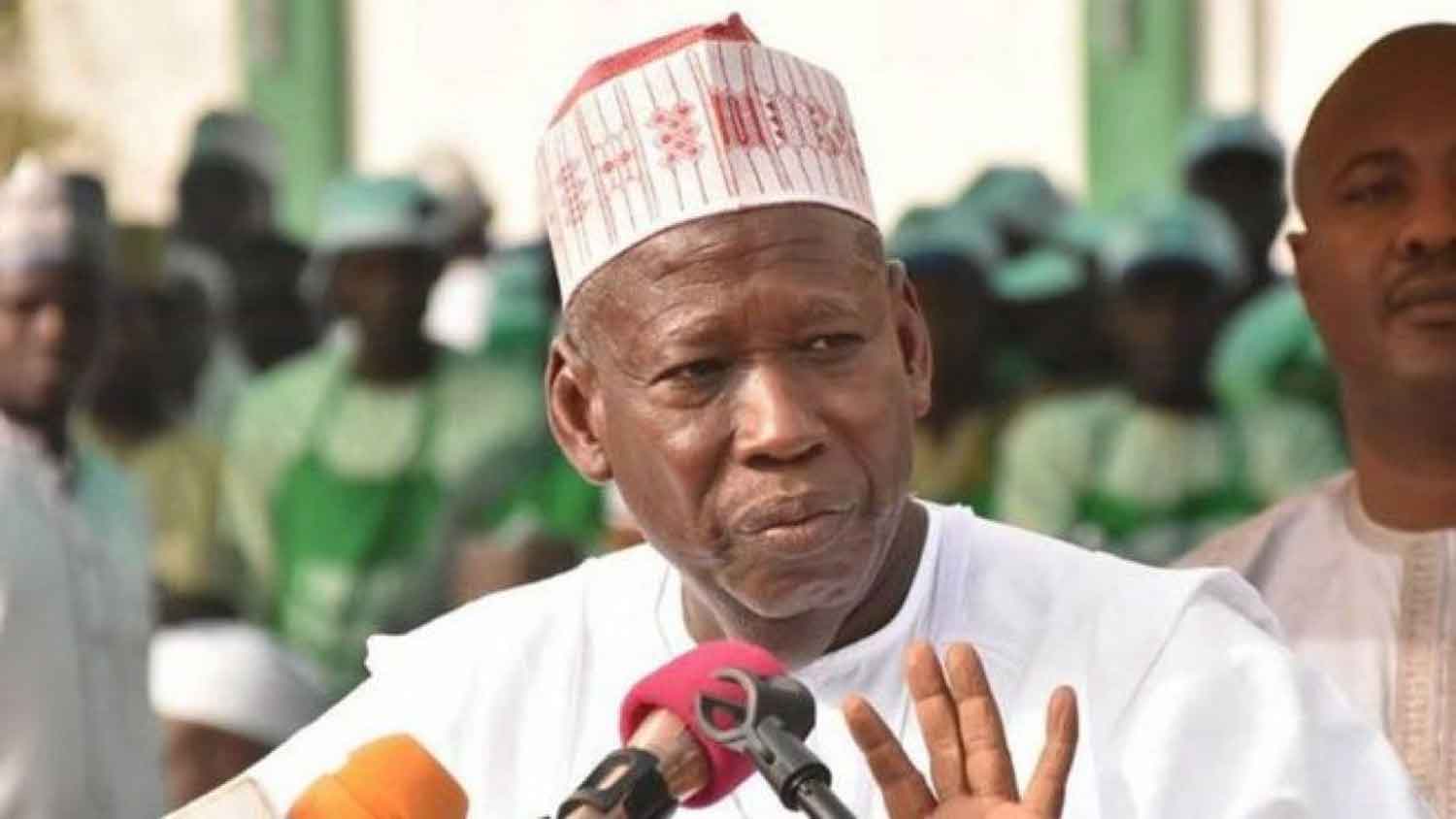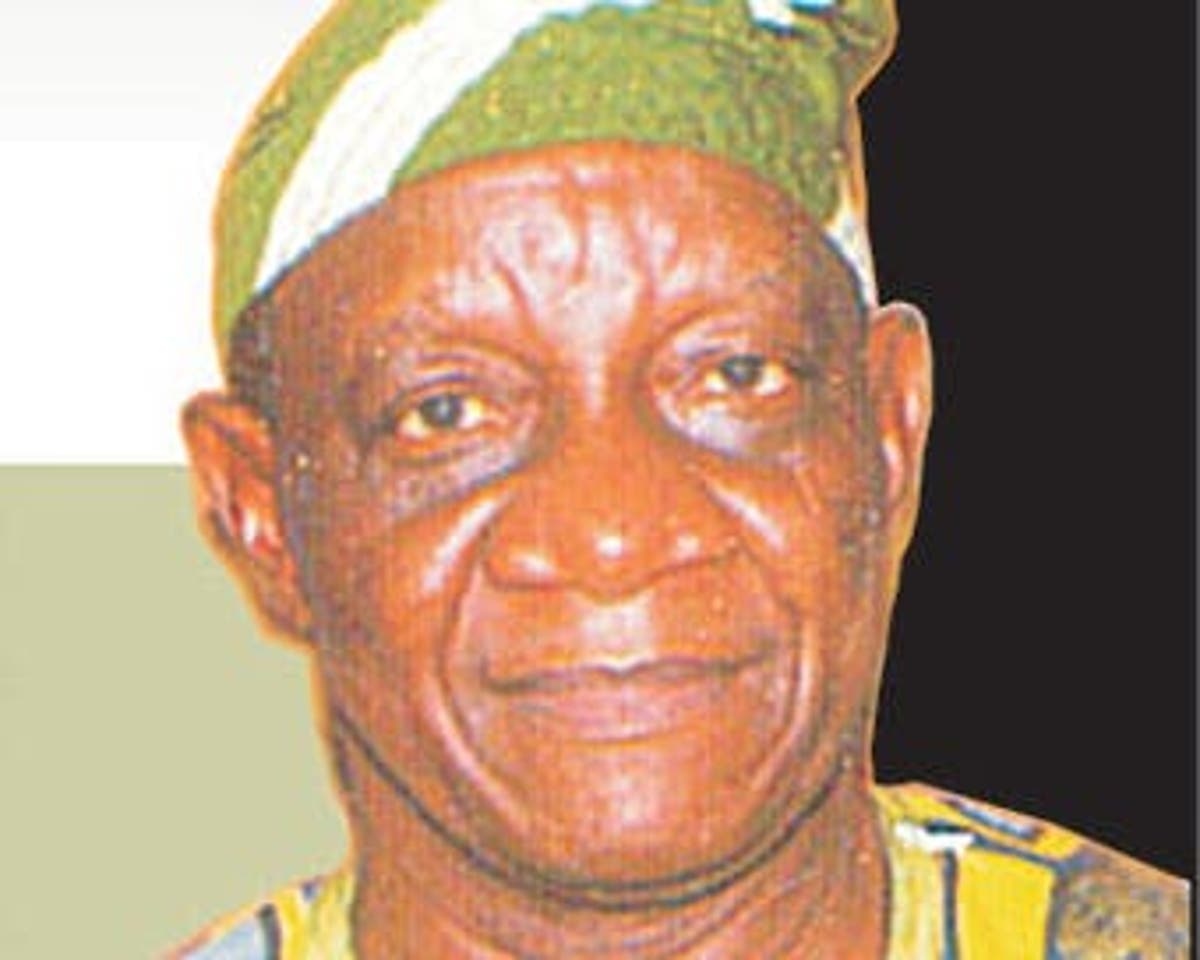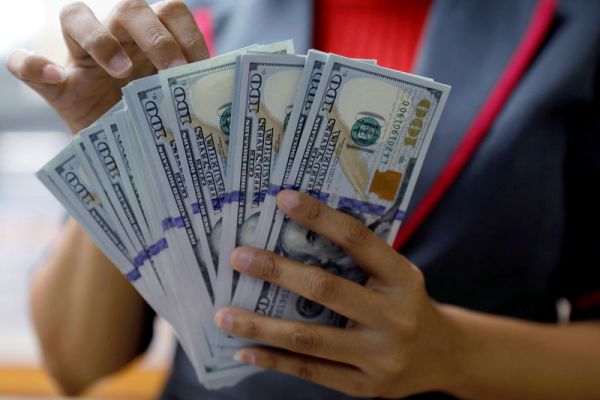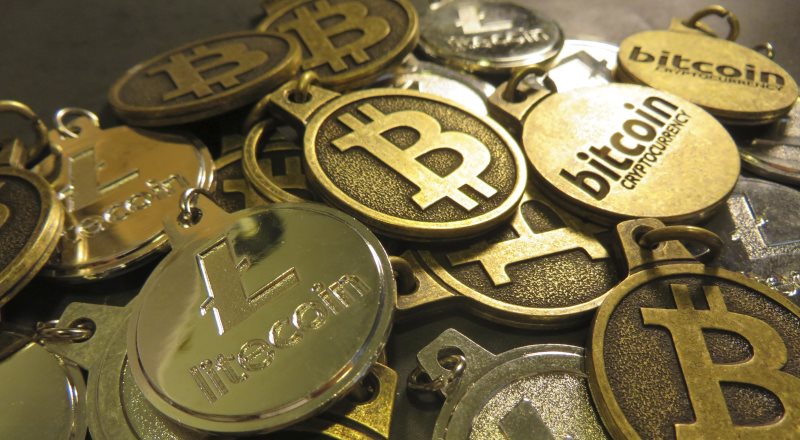By Dele Sobowale
“There are no desperate situations; only desperate men.”Joseph Goebbels, 1897-1945, VANGUARD BOOK OF QUOTATIONS, p 38.
The Central Bank of Nigeria is desperate; and, like all drowning people grasping at straws. On March 5, 2021, the CBN, in a circular directed all deposit money banks and international transfer operators to pay five Naira for every dollar received as remittance inflow. As usual, some of those ever ready to applaud measures introduced by government officials have started lauding the policy.
The Nigerian Association of Chambers of Commerce Industry, Mines and Agriculture, NACCIMA, was understandably the first to start clapping. Many of their active members are gross violators of existing remittances regulations. Obviously, the cleverest thing to do is to publicly endorse a policy they will probably sabotage later. I only hope that the Central Bank is not deceived.
A lot of remittances is associated with crimes and illicit trade. Secrecy is one of the major weapons in the struggle for survival by the “unfittest”. Criminals transferring funds avoid government institutions like COVID-19. No amount of monetary incentive will lure them into the scheme proposed. Certainly, N5 per dollar is not nearly enough to tempt them.
My phone started ringing as soon as Channels TV broke the news. Several individuals known to me and who depend heavily on remittances wanted to have my views on the new policy. Specifically, they wanted advice on what should be their response to the offer. I needed time to think through the implications for all stakeholders – FG/CBN, customers, banks, foreign exchange users and also consumers of imported goods and services.
It is not going to be easy; because there is a personal dilemma involved. The Federal Government needs help; the CBN is desperate. And, one way out is to lean on the people for support. Short of begging for the remittances dollars, the CBN has introduced an incentive. The question now remains: will it work? I very much doubt it. Several reasons account for the pessimism; but only a few will be discussed now.
“Too little; and perhaps, too late.” That was my first gut response to the N5 per dollar to be paid. Already, the official exchange rate is getting closer to N410/US$1. Offering N5 per dollar amounts to 0.012 per cent incentive paid for individuals to cooperate. What sort of incentive is that? Furthermore, parallel market rates now hover around N475-480/US$1. Who in his right senses will go through official banking system only to lose so much? Obviously, the amount of incentive to be offered was not carefully considered. That alone suggests that the CBN and banks now labour in vain.
Fear of self-exposure is another important reason why very few Nigerians will participate in the scheme. For every transaction, a record of source and recipient of funds will have to be maintained by the banks in order to account for all the N5 paid out per dollar. The CBN has invited itself into what hitherto was a private business between customers and banks and transfer organisations. Privacy is now to be sacrificed in exchange for very little financial benefit. This will discourage participation for very simple reasons.
First, most people operating remittance accounts are reluctant to let government know the amounts received because of tax avoidance or evasion. Five naira per dollar, even N500 per dollar will not entice tax delinquents. So, CBN can count those out.
Second, a lot of remittances is associated with crimes and illicit trade. Secrecy is one of the major weapons in the struggle for survival by the “unfittest”. Criminals transferring funds avoid government institutions like COVID-19. No amount of monetary incentive will lure them into the scheme proposed. Certainly, N5 per dollar is not nearly enough to tempt them.
Quite clearly, CBN will get very little out of this policy. Banks will be saddled with additional paper work; but, they too will receive very little.
Character is destiny – whether for individuals or institutions. Until very recently, the CBN operated very much within its mandate as an independent manager of monetary policy. There were times when I thought that it might have encroached too much on fiscal policy. In the absence of any recognisable fiscal policy by the Buhari administration, such over-step of bounds was not only inevitable but probably understandable.
Lately however, the CBN had surrendered some of its autonomy and has allowed itself to be sucked into the political arena. The “post no debit” circular to banks following the #ENDSARS# protests when nobody had been convicted of any financial crime was, to me, an abuse of power. I have a friend in Hong Kong. Despite the month-long protests in that place, no account was closed. Central Banks just don’t operate that way. They resist the attempt by political actors to use them for leverage.
Now, the CBN is in urgent need of remittance dollars. Some of those whose accounts were stopped have been active in remittances to Nigeria. They have since then made alternative arrangements outside the banking sector to carry on their affairs. The CBN can keep what was seized; but, it will be a long time before they will pass their funds through the banks under its control. Definitely not for N5 per dollar bonus.
Furthermore, even those not involved in #ENDSARS# protests were taught a lesson the CBN would wish it never taught. We all now know that the CBN is capricious. It can without warning alter the terms of banking transactions. So, even the N5 per dollar policy cannot be relied upon. There is no indication about how long it will last. Funds might be transferred in anticipation of N5 only to arrive just after the policy had been repealed. One acquaintance who is involved in transfers of $200,000 or more at a time would have been enticed by the N1 million he will collect – if only it will last at least a year. Against the N12 million he could borrow and invest. But, he will not try it because the CBN is an unreliable institution. His funds might get trapped for all sorts of reasons – including political reasons.
CBN’s policy on crypto-currency is another example of the sort of things the bank had done recently which would work against the new policy. Incidentally, I happen to share the bank’s anxieties about crypto; to me, it will turn out to be the biggest Ponzi Scheme fraud of all time. An investor defrauded or robbed cannot call the police or have the matter prosecuted even if the robber is known. It gets worse if the culprit lives in another country and the funds were transferred to a third nation. Crypto might turn out to be the greatest financial madness ever in history.
That said; it is still my opinion that CBN could have been more patient, more methodical in dissuading Nigerians from patronising it. I am aware that some of the dollars earned abroad which ended in remittances are now going into crypto at a time when Nigeria needs all the dollars it can get. But, even those persuaded to avoid crypto still will not trust CBN to cooperate on the new policy. Institutions matter; and the most effective institutions are often the most dependable. They get results because they don’t act impulsively. The CBN should return to its glorious days. Then, it will not matter what it offers as bonus. Nigerians will come to the rescue of their country. People should not go to bed one night and wake up the next morning to discover that their accounts have been closed.

